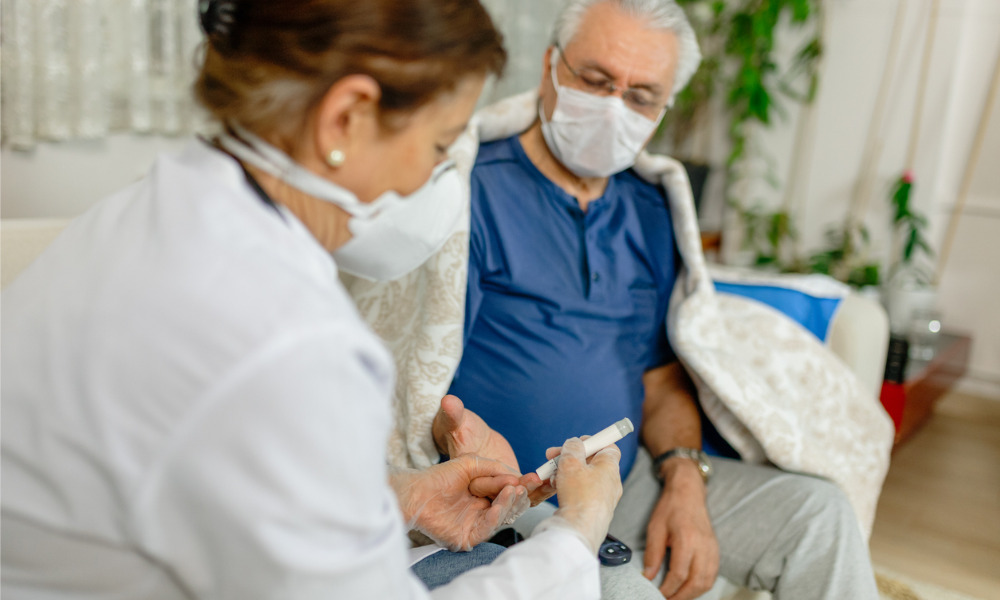Three-quarters of people with diabetes are of working age

The International Diabetes Federation (IDF) is calling on governments to recruit enough nurses to help care for the growing numbers of people living with diabetes and to prioritise the role nurses play by investing in their professional development.
The call came in time for World Diabetes Day on Nov. 14.
“Nurses are at the heart of healthcare worldwide and have a crucial role to play in the global fight against diabetes. Unfortunately, there are simply not enough to go around. Investing in nurses now to save future cost is a difficult message for those managing healthcare budgets,” said Andrew Boulton, IDF president.
Around 463 million adults are currently estimated to be living with diabetes worldwide, a number expected to rise to 578 million by 2030, according to the group. Two-thirds of people with diabetes live in urban areas and three-quarters are of working age.
Last year alone, the condition was responsible for 4.2 million deaths and at least $760 billion in health expenditure, equivalent to 10 per cent of the global total spent on healthcare. However, one in two (232 million) adults with diabetes remain undiagnosed, and the majority of them have type 2 diabetes.
Previously, the Registered Nurses' Association of Ontario's (RNAO) President Morgan Hoffarth and CEO Dr. Doris Grinspun started meeting virtually with registered nurses (RN), nurse practitioners (NP) and nursing students from different regions across Ontario “to hear from nurses and their experiences working in the health system” especially amid the COVID-19 pandemic.
“Too often, healthcare decision makers kick the problem down the line to a time when they will no longer be held accountable for the consequences. It's a save-now-pay-later approach that is doomed to fail. Yet, the reality is that today's governments are already paying for the failings of their predecessors,” said Boulton.
“The tide of diabetes is rising fast and action is needed. Governments must recruit and equip an adequately trained workforce to support the growing numbers living with diabetes. Nurses are integral to the delivery of effective diabetes treatment, supporting ongoing diabetes management and preventing diabetes complications. Nurses make the difference."
Judith Mendez, a registered nurse in Belize, also highlighted the importance of nurses beyond simply providing medication.
“More often than not people diagnosed with type 2 diabetes are simply told to take pills and watch what they eat. This is using a band band-aidix a crisis and it's simply not going to work. Nurses are often called on to provide more than just medical care. People trust nurses, often above and beyond other health professionals. We provide a sympathetic ear – a safe haven where people living with diabetes can find the support they need,” she said.
“The increase in the number of people with diabetes is pushing many healthcare systems to breaking point. Governments must invest in nurses now to help improve health education in the population and ease the pressure."
To mark World Diabetes Day 2020, IDF is encouraging nurses and other health professionals to improve their understanding of diabetes care by offering free access to the IDF School of Diabetes online course on the role of the diabetes educator.





